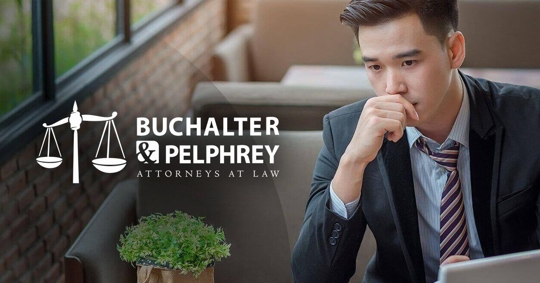Chapter 13 bankruptcy is a long process—much longer than Chapter 7, which typically takes less than six months. When you file Chapter 13, your bankruptcy isn’t over until you complete all your monthly payments, which generally takes 3-5 years. In the meantime, you benefit from the automatic stay, which protects you from debt collection attempts of all kinds (e.g. foreclosure, repossession, lawsuits, and even phone calls and letters).
So, what can you expect once you complete your 3-5-year plan? Will you be responsible for all the rest of your debt? Will you get to keep everything you own? Will you ever be able to take out a loan again?
Let’s take a close look at what happens when you complete a Chapter 13 bankruptcy.
The Debt Discharge
In Chapter 7, you can receive a debt discharge in just a few months without having to pay off anything you owe. But Chapter 7 isn’t the only way to receive a debt discharge!
When you complete your Chapter 13 plan, the court will discharge (i.e. eliminate) your qualifying debts that weren’t paid off through your plan. This is because the plan payment is calculated according to your income and assets—NOT the total amount of money you owed. Whatever remains, therefore, can be discharged.
Keep in mind, however, that not all debts are dischargeable through bankruptcy. Child support, spousal support, and criminal fines are just a few examples of debts that a bankruptcy court cannot eliminate. Learn more by reading our blog about dischargeable debts.
Reaffirmed Debt
Debt that is not discharged generally must be reaffirmed through bankruptcy. Your repayment plan will include any delinquent payments, so completing the plan will mean you are fully caught up. This generally eliminates the threat of foreclosure or repossession because you are no longer in default.
If the court discharges (rather than reaffirms) secured debt such as your mortgage or auto loan, the discharge will not stop your lender from taking the collateral. To keep your home or vehicle, therefore, you will need to reaffirm the debt and cure the default(s).
What About Liens?
Bankruptcy doesn’t automatically get rid of liens. You can, however, file a motion to avoid a lien. If the court grants your motion, the lien will be removed.
Many people use Chapter 13 to strip the lien off of a second and/or third mortgage. Once a lien has been stripped, the creditor that was previously the lienholder no longer has a legal claim to your property. Learn more about lien-stripping here.
Recovering from Bankruptcy
Bankruptcy is a fresh start, and it can eliminate massive amounts of debt. However, it will most likely hurt your credit score, and a Chapter 13 bankruptcy will stay on your report for seven years.
But your credit score likely wasn’t high to begin with if you were struggling for years with unmanageable debt. As such, bankruptcy gives you the opportunity to improve your score over time.
To rebuild your credit, you will want to:
- Create a realistic budget
- Cut unnecessary expenses
- Build an emergency fund
- Keep up with reaffirmed debts
- Become an authorized user on another person’s account
- Take out a secured credit card or a credit builder loan (carefully)
Also keep in mind that a second bankruptcy is more complicated and restrictive than the first. For example, the court may issue an automatic stay that only lasts for 30 days (rather than your entire case), or it might not issue one at all. The best thing you can do is make a thorough financial plan that will help you stay out of the red—permanently.
Professional Support from Start to Finish
At Buchalter & Pelphrey Attorneys at Law, our attorneys have 45+ years of experience guiding clients through the complexities of bankruptcy. We help our clients assess their options, prepare for their case, complete each step of the bankruptcy process, and navigate life after the debt discharge. If you are looking for comprehensive legal services and personalized, compassionate support, look no further than our dedicated team.
Give our office a call at (321) 320-6088 or contact us online today. We offer free case evaluations.

